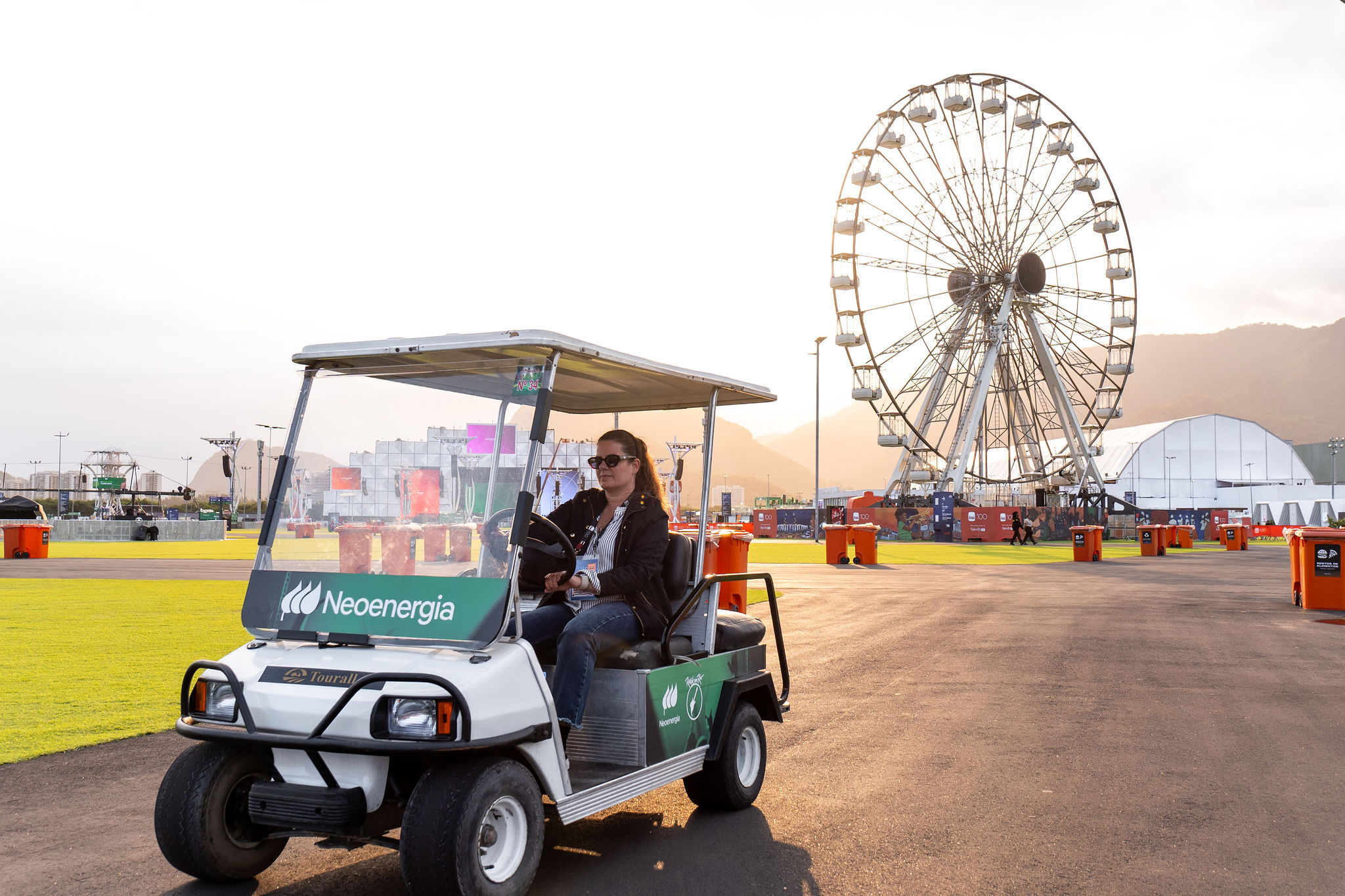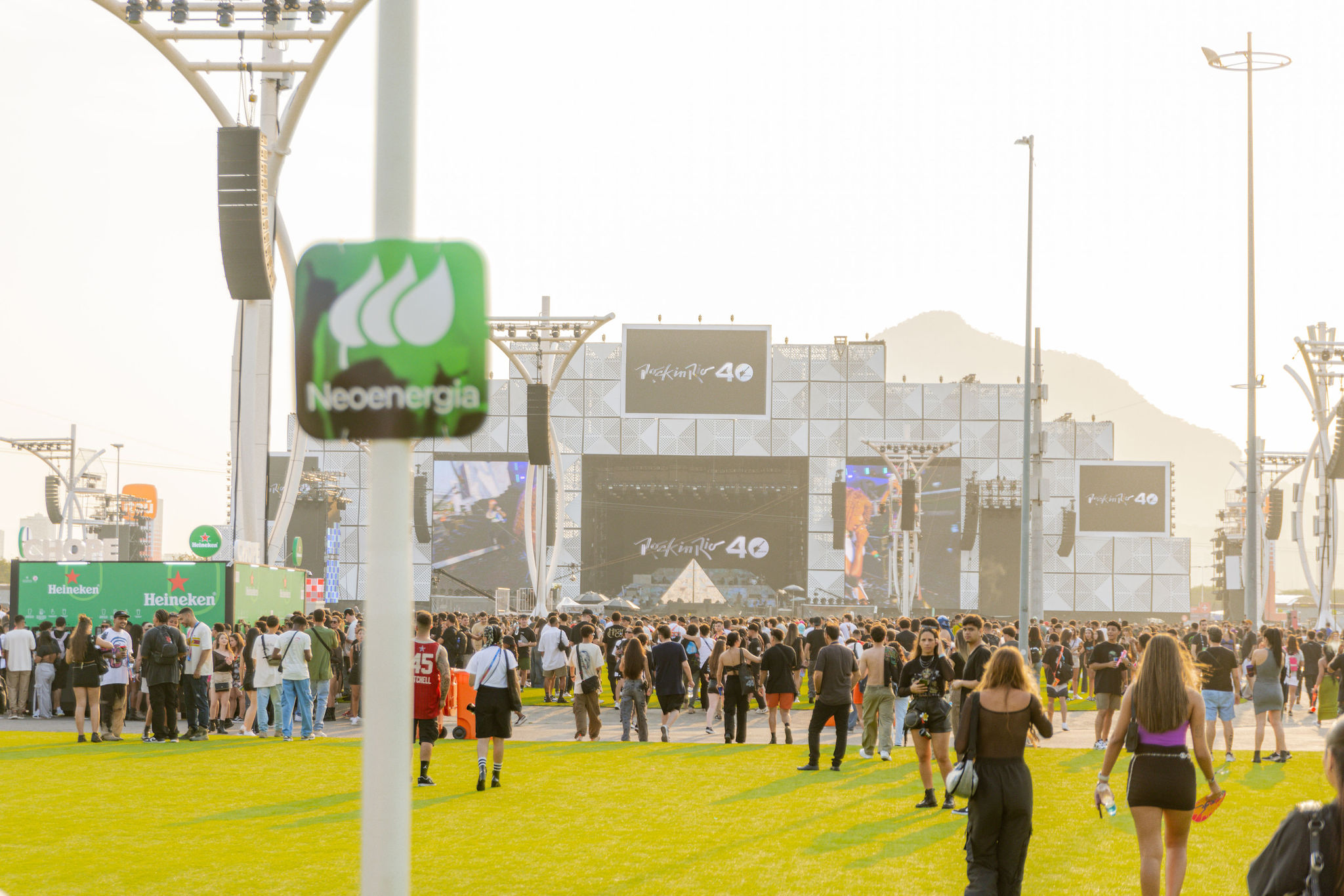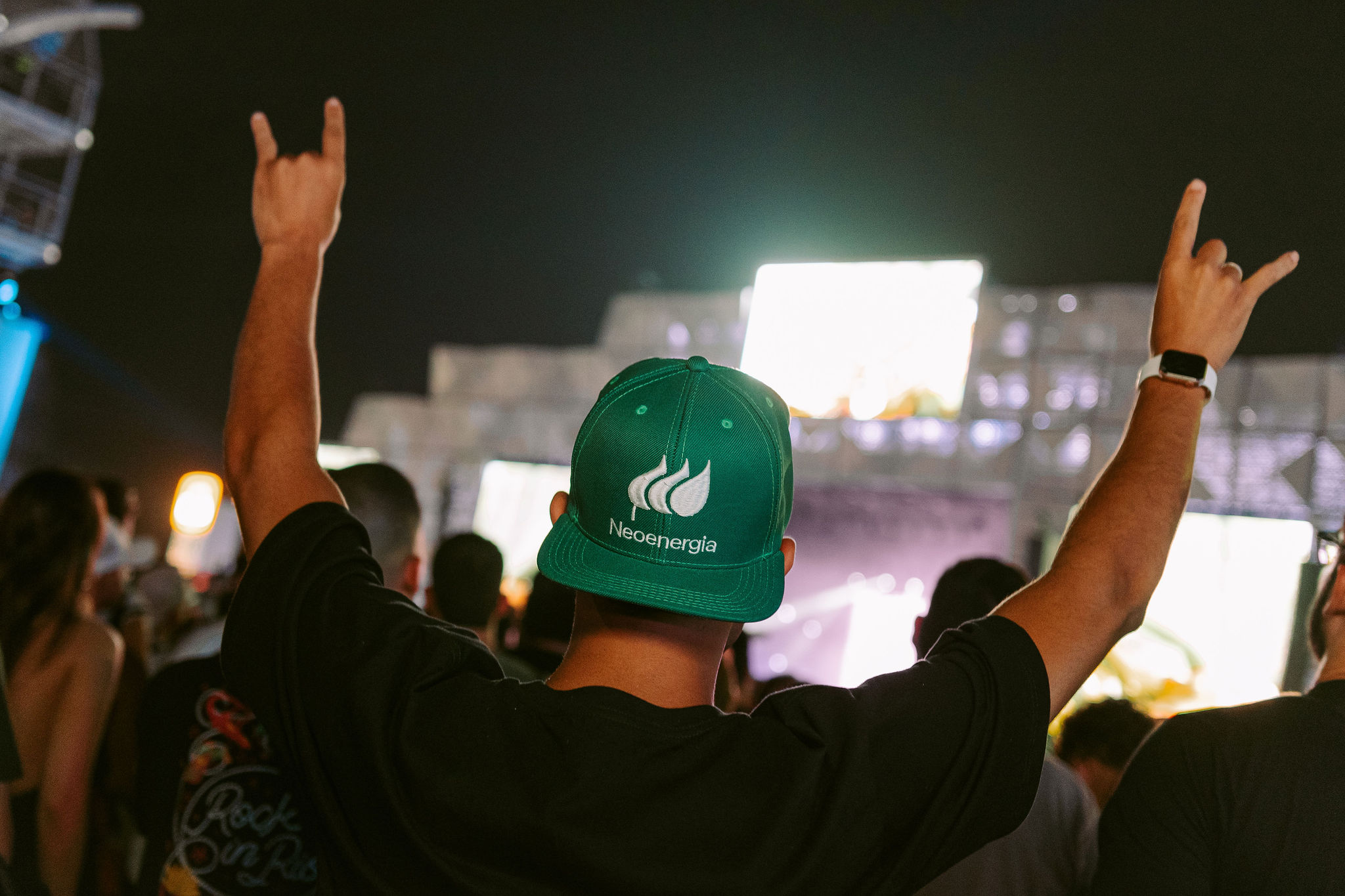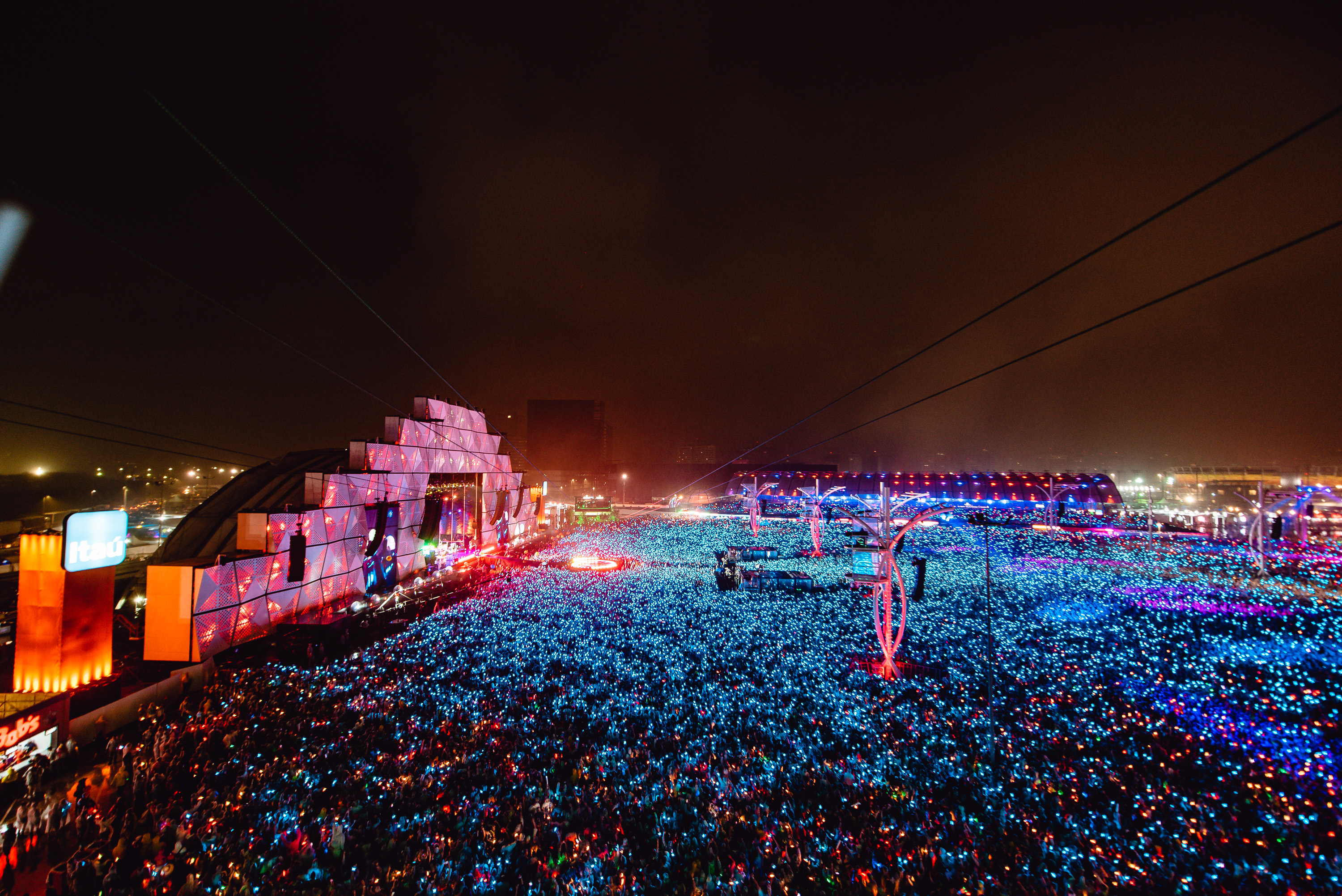
Rock in Rio

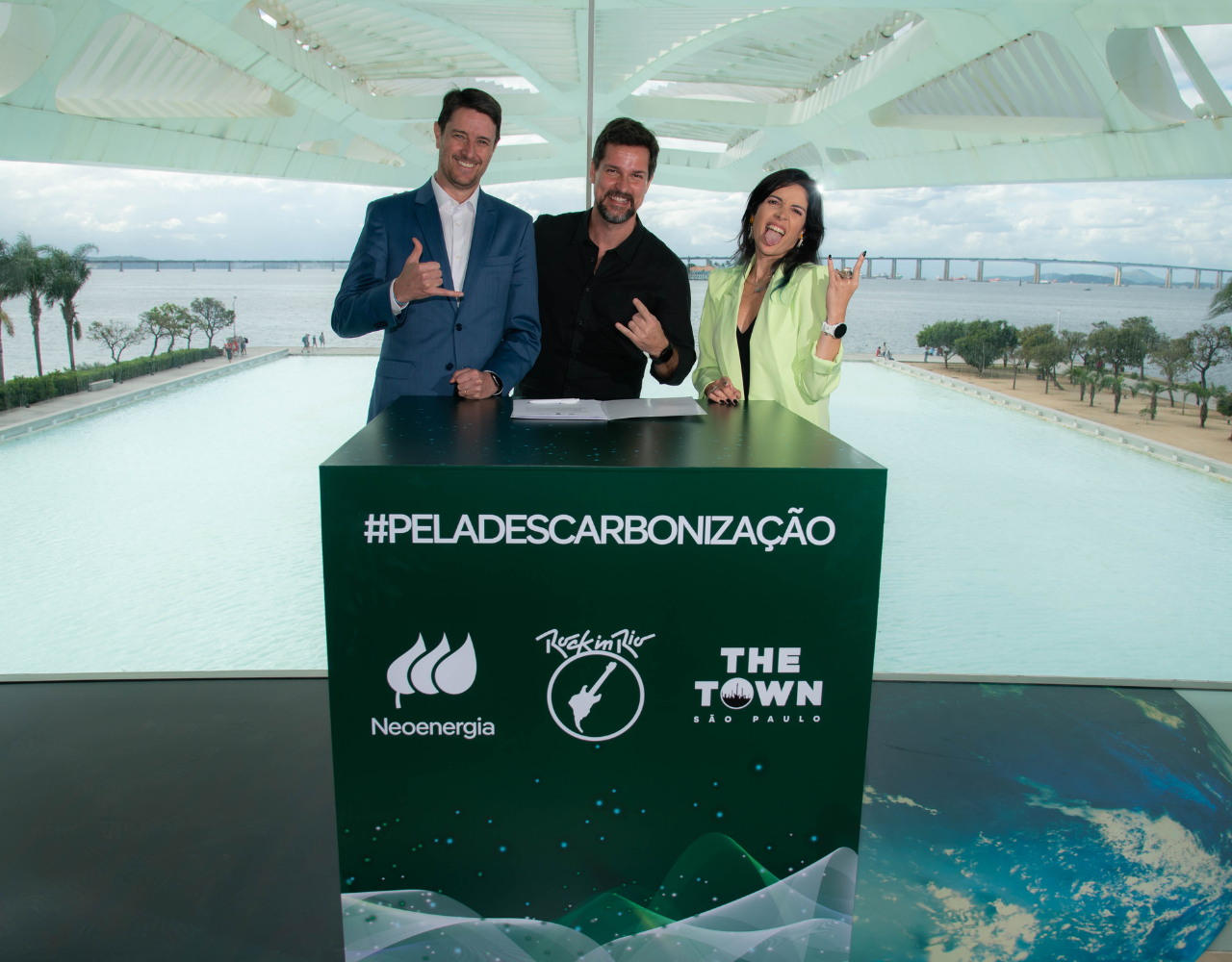
Neoenergia and Coca-Cola together #PelaDescarbonização
Neoenergia joined forces with Coca-Cola to reaffirm its commitment to sustainability in a relaxed environment where music and clean energy solutions are highlighted. The support is embodied in the kinetic track of the Coke Studio, in the City of Rock, which transforms the participants' movement and dance time into energy.
The company was also present at the event, in 2024, with The Coca-Cola Company to discuss Innovation and Sustainability in the entertainment industry. Watch the video and learn more about this partnership!
Documentary series “On the Energy Route”
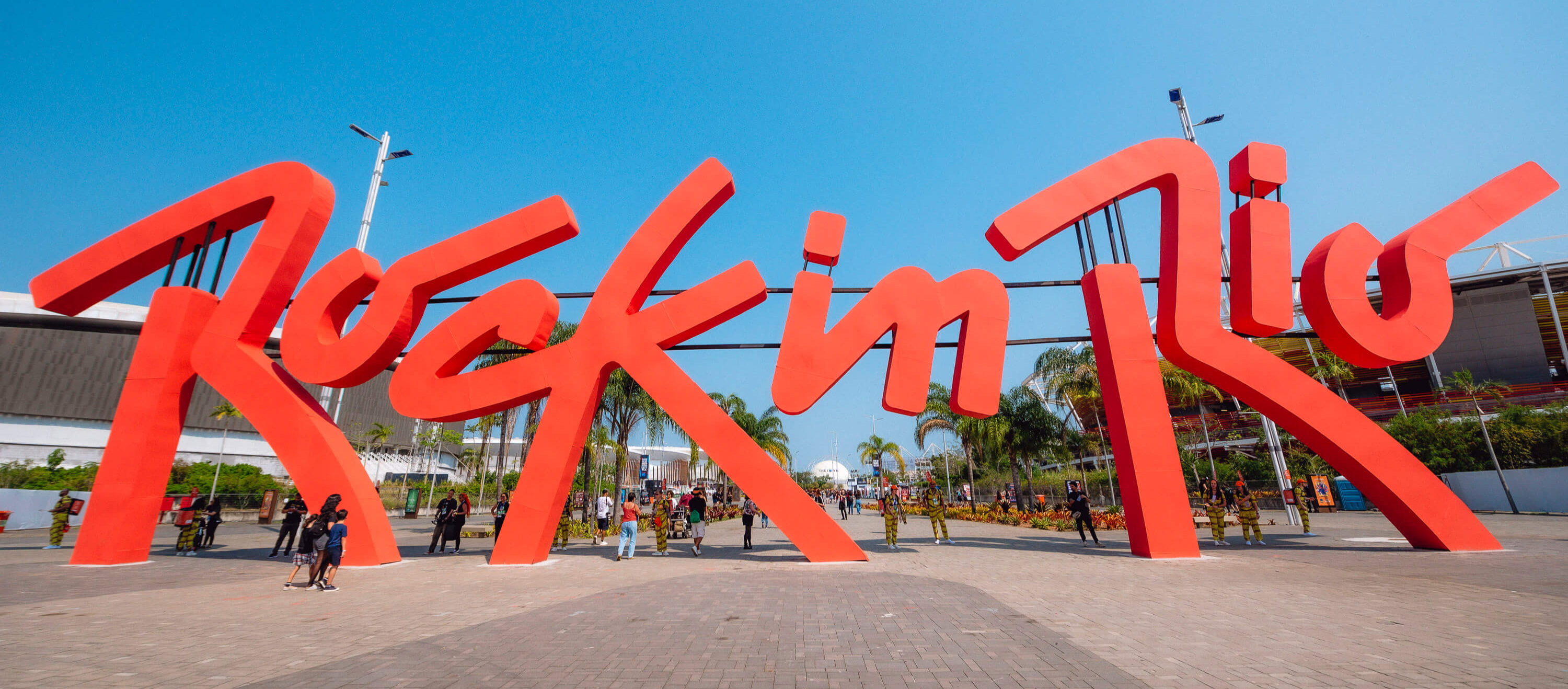
Sustainability
In terms of energy, 62% of fuel consumption has already been reduced. And, in line with the UN's Sustainable Development Goals (SDGs), the mega-event launched the For a Better World movement, in which it brings together sustainability reports, showing what it has already achieved and new goals to continue evolving.
Among them, the involvement of sponsors and suppliers in its sustainability policy stands out, including Neoenergia. With projects such as Amazonia Live and funding from the Socio-Environmental Institute, Rock in Rio offsets 100% of its carbon, including the planting of trees in the Amazon — the largest tropical forest in the world, essential for maintaining the ecosystem of the entire planet. To date, 73 million trees have been planted.
The festival is also certified ISO20121 - Sustainable Events since 2013, and is one of the pioneers in this achievement. Thus, Rock in Rio guarantees, in addition to a lot of music, a commitment to sustainability before, during and after each edition.
Sustainability around the world
and the United States are countries that also count on the festival and its sustainable actions.
At Rock in Rio Lisboa, the goal of zero waste was achieved, with no residue from the event ending up in landfills. Brazil is on the way: 80% is the recycling rate in the country edition. And the World Stage, the largest in Rock City, is all made of recyclable steel.
In the first Spanish edition, in 2008, through the For a Better World project, more than 700,000 dollars were donated for carbon compensation, and 20 schools were equipped with solar panels.
Rock in Rio: a story of pure energy
This then new technology, connecting artist and audience, contributed to one of the most striking moments in the history of music: the Brazilian audience singing Love of My Life, a hit by Queen, and thrilled the singer Freddie Mercury.

